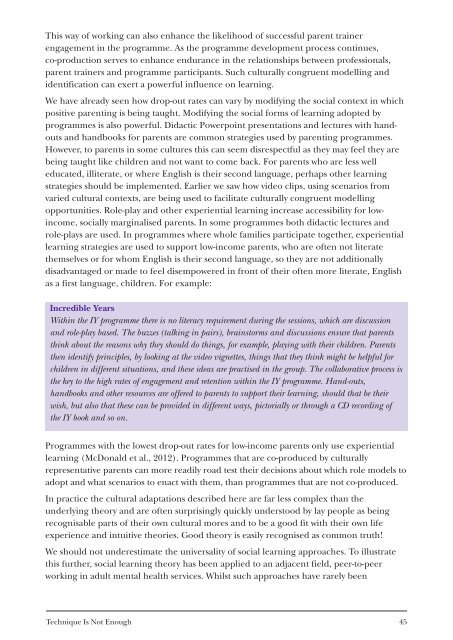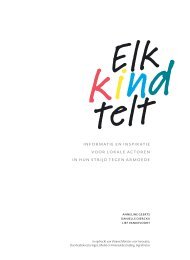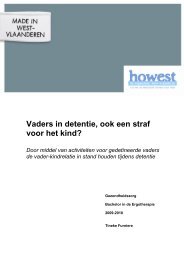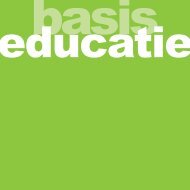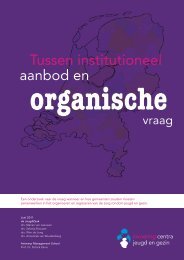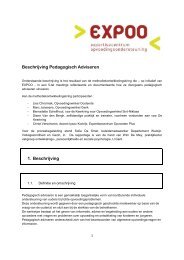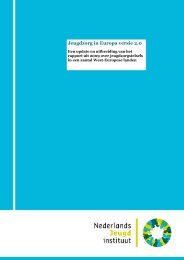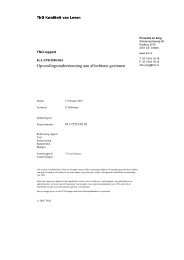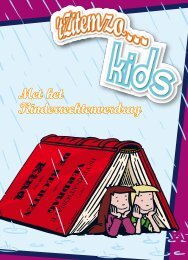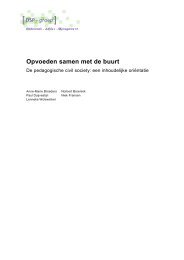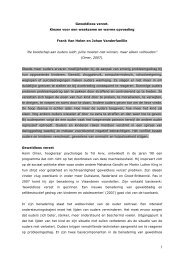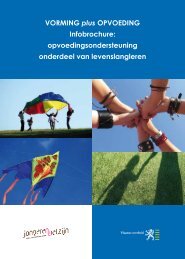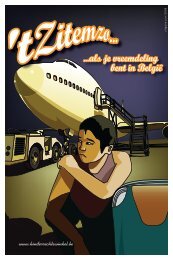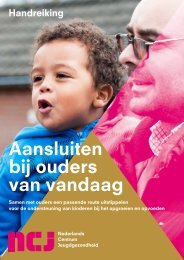Technique Is Not Enough (TINE) - British Psychological Society
Technique Is Not Enough (TINE) - British Psychological Society
Technique Is Not Enough (TINE) - British Psychological Society
- No tags were found...
You also want an ePaper? Increase the reach of your titles
YUMPU automatically turns print PDFs into web optimized ePapers that Google loves.
This way of working can also enhance the likelihood of successful parent trainerengagement in the programme. As the programme development process continues,co-production serves to enhance endurance in the relationships between professionals,parent trainers and programme participants. Such culturally congruent modelling andidentification can exert a powerful influence on learning.We have already seen how drop-out rates can vary by modifying the social context in whichpositive parenting is being taught. Modifying the social forms of learning adopted byprogrammes is also powerful. Didactic Powerpoint presentations and lectures with handoutsand handbooks for parents are common strategies used by parenting programmes.However, to parents in some cultures this can seem disrespectful as they may feel they arebeing taught like children and not want to come back. For parents who are less welleducated, illiterate, or where English is their second language, perhaps other learningstrategies should be implemented. Earlier we saw how video clips, using scenarios fromvaried cultural contexts, are being used to facilitate culturally congruent modellingopportunities. Role-play and other experiential learning increase accessibility for lowincome,socially marginalised parents. In some programmes both didactic lectures androle-plays are used. In programmes where whole families participate together, experientiallearning strategies are used to support low-income parents, who are often not literatethemselves or for whom English is their second language, so they are not additionallydisadvantaged or made to feel disempowered in front of their often more literate, Englishas a first language, children. For example:Incredible YearsWithin the IY programme there is no literacy requirement during the sessions, which are discussionand role-play based. The buzzes (talking in pairs), brainstorms and discussions ensure that parentsthink about the reasons why they should do things, for example, playing with their children. Parentsthen identify principles, by looking at the video vignettes, things that they think might be helpful forchildren in different situations, and these ideas are practised in the group. The collaborative process isthe key to the high rates of engagement and retention within the IY programme. Hand-outs,handbooks and other resources are offered to parents to support their learning, should that be theirwish, but also that these can be provided in different ways, pictorially or through a CD recording ofthe IY book and so on.Programmes with the lowest drop-out rates for low-income parents only use experientiallearning (McDonald et al., 2012). Programmes that are co-produced by culturallyrepresentative parents can more readily road test their decisions about which role models toadopt and what scenarios to enact with them, than programmes that are not co-produced.In practice the cultural adaptations described here are far less complex than theunderlying theory and are often surprisingly quickly understood by lay people as beingrecognisable parts of their own cultural mores and to be a good fit with their own lifeexperience and intuitive theories. Good theory is easily recognised as common truth!We should not underestimate the universality of social learning approaches. To illustratethis further, social learning theory has been applied to an adjacent field, peer-to-peerworking in adult mental health services. Whilst such approaches have rarely been<strong>Technique</strong> <strong>Is</strong> <strong>Not</strong> <strong>Enough</strong> 45


